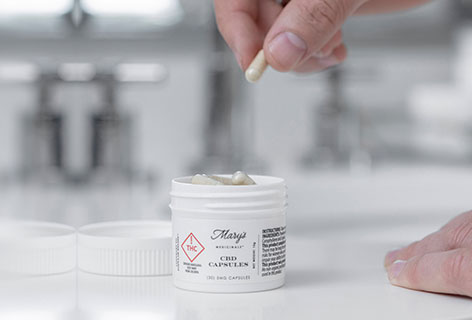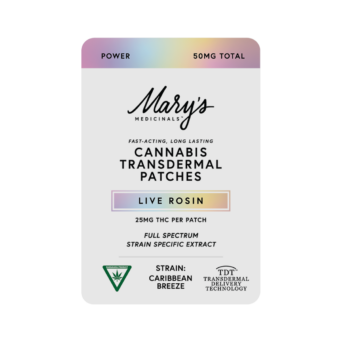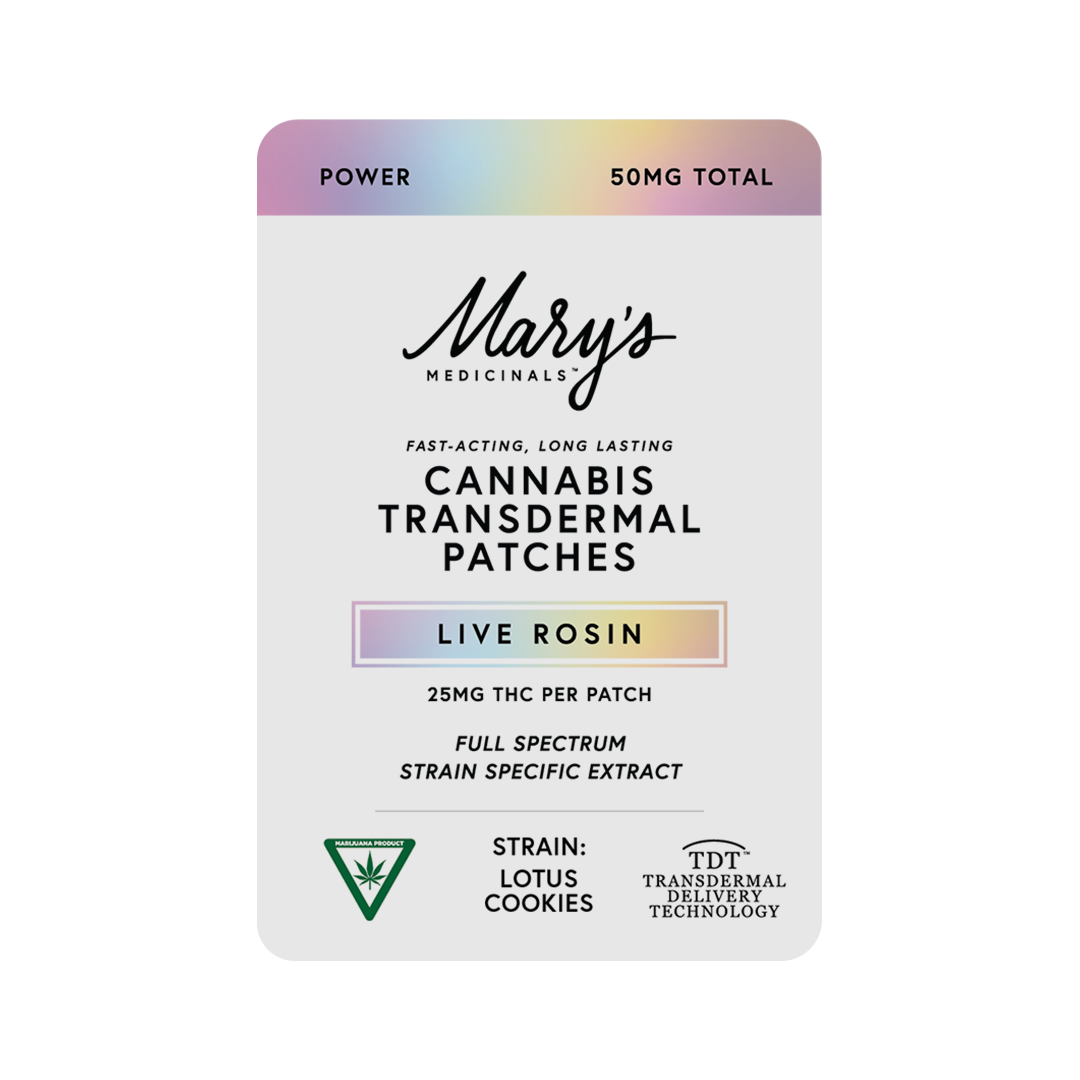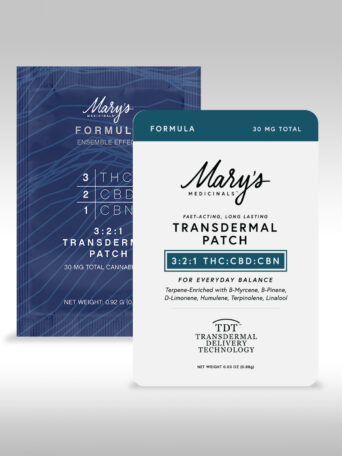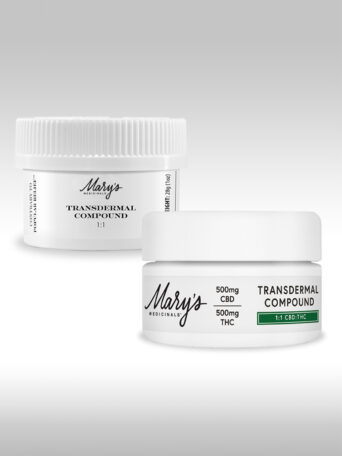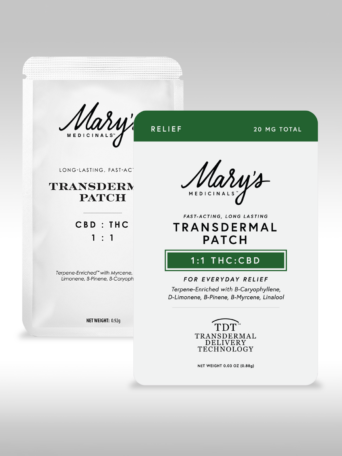Cannabis conferences are exciting events. Medical cannabis is literally a global issue now and speakers from around the world are sharing their discoveries and events. But conferences are also frustrating because there is so much information and it is impossible to write up every session. In some cases there may be just one or two tidbits that are worth sharing. Which has led me to this new format for posting bits of information gleaned from presentations and, sometimes, from conversations with other conference attendees. Enjoy these Meeting Morsels from The 2nd International Annual Congress on Controversies on Cannabis-Based Medicines in Barcelona. — Alice O’Leary Randall, Editor-in-Chief Mary’s Publications.
- Carolyn Baglole of McGill University stated that general legalization of cannabis in Canada has led to a “research boom.” McGill University is setting up a “smoking room” to track the “real world” effects of cannabis.
- David Meiri of the Israel Institute of Technology says that cannabis is 82% effective in treating autism. Tinctures are high in CBD and low THC.
- David Finn of the National University of Ireland, had an interesting bit of news. Jo Cameron, the 71-year old Scottish woman who feels no pain, has a higher level of anandamide than normal. Anandamide is the body’s endocannabinoid that binds with the THC receptors. It is sometimes called the body’s “bliss molecule.”
- Medical cannabis use in Israel has increased rapidly in the past few years but the precise number of patients is hard to pin down. According to Uri Kramer of Tel Aviv University, about 75,000 of the 8.6 million Israelis are using medical cannabis
- Medical cannabis naysayer, Mary-Ann Fitzcharles of McGill University, stated she thought the current frenzy of CBD use might be a “mass placebo effect.”
- Numerous speakers and questioners seem frustrated with medical cannabis because it is too “time consuming.” Ido Wolf of Tel Aviv Medical Center was among them and he went on to state that educating patients properly about cannabis is becoming one of the primary “problems” for oncologists.
- Olga Kovalchuk of the University of Lethbridge says that cannabis can potentiate cisplatin, a cancer chemotherapy agent, IF it is the right cultivar.
- Danish physician Tina Horsted, with more than 3,000 patients using medical cannabis, has a built in “stop” period for her patients in order to reset the the endocannabinoid system, This technique is being advocated by an increasing number of physicians.
- Haggai Sharon, affiliated with Tel Aviv Medical Center and the St. Thomas NHS Foundation Trust in the UK, accurately captured the current state of medical cannabis worldwide when he said, “We are in the center of a whirwind.”
- In the Czech Republic there is frustration with the state medical cannabis program according to Tomas Zabransky of the International Cannabis and Cannabinoids Institute. Out of 11 million citizens there are only 474 legal medical cannabis patients. The Czech program was sparked in 2010 by a Parkinson’s patient but has experienced the usual bureaucratic foot dragging that is seen in nearly every nation.
- Canada allows its citizens to grow up to four plants in their backyard.
- Italy has a university level medical cannabis course.
- Gregor Zorn of the Slovenian European Cannabinoid Therapy Association reported that half the European Union countries have medical cannabis programs (14 of 28). Zorn also shared a 2018 study by PL Smithburger et. al. that revealed 42 of the 140 Schools of Pharmacy in the U.S. currently include medical cannabis in their curriculum.
Next up” Coverage of the Cannabis Europa conference, June 24-25th, 2019, London, England.

